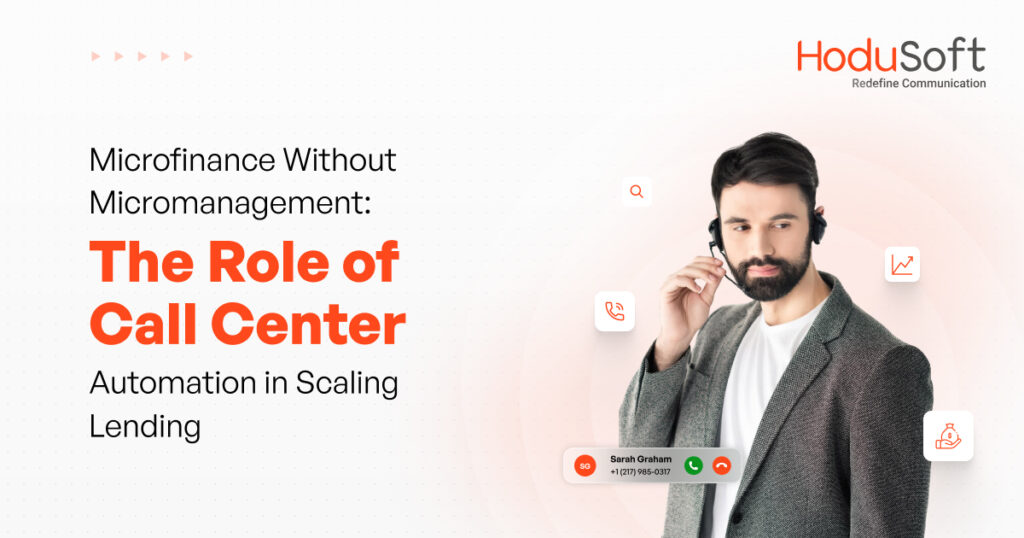Get The Right Call Routing System For Your Business
Regardless of how big or small your company is, your customers expect accessibility to connect with the proper agent when required. But do the customers receive the same accessibility during the seasonal spikes of the call center? Unfortunately, most businesses fail to deliver consistent customer service levels if they do not have call routing systems.
High call volumes lead to longer call queues and increased customer frustration. Yes, this is the sequence when your business does not have proper call routing systems. A survey shows that 75% of businesses lost customers due to long waiting times. Leverage call routing software to eliminate long call queues and improve customer service experience.
Let’s look into the integral functions of call routing software along with understanding its advantages and best practices in the industry that you can follow.
What is call routing?
Call routing, also known as automatic call distribution, is a useful feature of contact center software that automatically places incoming calls in a queue and routes them to an agent or a self-service menu, depending on predetermined parameters.
Simply put, it handles the automated distribution of calls to cut down long queues and enable customers to connect with an agent who can resolve their issues. This strategy can be devised on several parameters like time of day, division, preferred languages, call volume, call complexity, agent skill level, and knowledge.
Types of call routing strategies
Call routing might differ from company to company—depending on the size of your team, the industry you’re in, and the issues customers call about—among other things. The following are the most common varieties of call routing systems:
-
List-based routing
List-based routing, also known as fixed order routing, is an ACD system that maintains a particular agent at the head of the line to take customer calls for a predetermined amount of time. Agent A, for instance, will accept the first call and be the first responder to the second, third, fourth, etc., calls if agents A, B, and C are all receiving calls simultaneously. Only when agent A is unavailable or busy , calls are directed to agents B and C.
-
Time-based routing
Also referred to as time-of-day routing, this strategy works well for a business where customers reach out to your company at different times. It can assist your company in providing round-the-clock service. Using time-based routing, you can forward communications that arrive at specific times or days to any phone number, device, or line. You can direct calls that come into one office after hours to an alternative group or office.
-
Predictive behavioral
Predictive behavioral routing improves the customer experience and connects the customer with the most qualified agent to respond to their inquiries. It directs calls to the worker best suited to provide exceptional service experience to your clients.
Artificial intelligence (AI) and machine learning help evaluate customer stats post engagement. Here, the contribution of each agent to predictive behavioral routing is evaluated. Then, using this information, subsequent contacts are improved in terms of better initial call resolution, shorter call handling times, etc.
-
Skill-based routing
By using skill-based routing, you can route calls to the agent who has the most suited abilities to respond to a certain question. Call resolution is emphasized in this kind of routing, which also makes sure that the caller’s needs are adequately addressed.
You can use variables like the division to which they work or even previously resolved calls to choose the ideal agent to respond to a call. Besides, you can also direct your high-profile customers to your finest closers using skill-based routing to boost sales.
-
Round-robin
Most contact centers and businesses struggle with the issue of calls not being divided among the agents fairly. Some employees can be overworked, while others might be underutilized. Algorithms are used in round-robin routing to equally distribute calls across your team members. Typically, the algorithms are included in automatic call distributors (ACD). The routing aims to keep your agents’ working conditions fair and equal.
7 advantages of implementing the right call routing strategy
#1. Quicker customer resolution
Multiple call transfers result in testing your customer’s patience. Call routing prevents the occurrence of such scenarios by connecting customers with the appropriate agent. It also ensures faster resolution, thereby improving the overall customer experience.
#2. Reduced average hold time
83% of customers expect an immediate connection to a live agent when contacting a business. This can be achieved through an automatic call distributor system. It connects to the available agent in the right department instantly. Alternatively, it passes the call to the next person in line if the first is busy. As a result, hold times are decreased.
#3. Optimized workflow
Customer calls might sometimes get overwhelming for your call center employees. With more calls routing in every minute, chances are that the team might fail to keep up with the quality of customer satisfaction. Besides, call routing intervenes to stop that from happening. It evenly distributes the agents’ workload, so they have time to concentrate on each caller.
#4. Greater customer engagement
A call routing system promptly forwards every call to a suitable agent or offers a call back option if agents are busy. Customers don’t need to make efforts for a follow-up call because they get all the information they need on the first call. This helps both the customers and agents to optimize their time and resolve issues quickly.
#5. Personalized customer service
When a call routing software is integrated with the CRM system of your business, the agent can view the customer information before picking up the call. This allows agents to understand the customer’s concern and prepare a response accordingly to deliver unique and personalized customer service.
#6. Decreased call abandonment
A call routing software optimizes call distribution so that every call is immediately routed to the available agent. Therefore, it significantly reduces call drop-offs improving the call abandonment rate.
#7. Improved customer service experience
Having the right call routing system in place can significantly reduce the waiting time and help streamline the resolution process. Customers gain access to the required information on their very first call. Therefore, quicker resolution and personalized service delivered with a call routing system leads to a positive customer experience.
10 Best practices for call routing that you can adopt:
- Offer an automated option of ‘call back’
- Integrating CRM to your call routing software
- Color-coded caller ID tagging to set priority
- Encourage feedback or automate feedback collection
- Customize greetings
- Inform customers about estimated waiting/holding time
- Integrate the option of connecting to a live agent or self-service options such as live chat.
- Overview analytics and reporting to identify staff requirements in specific departments
- Audit the call routing strategy regularly to improve it
- Conduct customer surveys to evaluate the customer service experience
Upgrade your business communication with call routing
Automatic call distributor systems empower your business to enhance customer satisfaction through optimized call routing. Modern customers want quicker resolution, and thus every business must focus on meeting their expectations while contacting a call center. Provide customers with the right information without multiple call transfers by leveraging call routing software. HoduCC is a call center software that comes with advanced call routing settings to level up customer service for businesses of all sizes. To know more about HoduCC and other HoduSoft products, check out our website.
If you have any queries or would like to know more about the HoduSoft product suite, get in touch with our sales team at [email protected].



